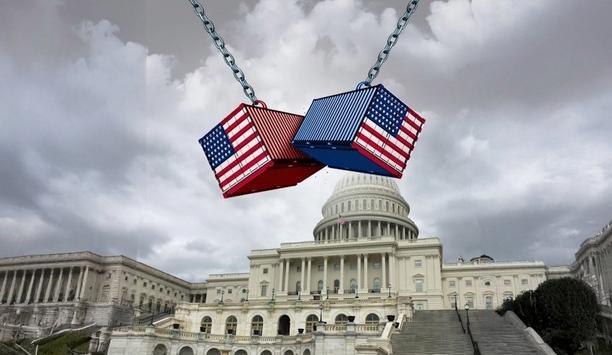States are being urged to take action to bring into force the Cape Town Agreement of 2012, a key international treaty, which will establish an international regime for fishing vessel safety. This will help make fishing safe, sustainable and legal - and make a significant contribution to the protection of fishers, an unacceptable high number of whom lose their lives every year.
“We cannot afford to be complacent, when it comes to addressing the safety of fishers and fishing vessels,” said International Maritime Organization’s (IMO) Secretary-General, Kitack Lim.
The Cape Town Agreement
The Cape Town Agreement has been ratified by 17 States, with 1,925 fishing vessels declared. The treaty will enter into force 12 months after at least 22 States, with an aggregate number of fishing vessels of 24 metres in length and over operating on the high seas of no less than 3,600, have expressed their consent to be bound by it.
Following a ministerial conference in 2019, more than 50 States have signed the Torremolinos Declaration to indicate their determination to ratify the Agreement by its tenth anniversary (i.e. 11 October 2022), thereby moving a significant step closer to bringing it into force.
Fight against illegal, unregulated fishing activities
Additionally, the regime would help to reduce marine litter from fishing vessels
The international regime brought in by the entry into force of the Cape Town Agreement would help to contribute to the broader fight against illegal, unregulated and unreported (IUU) fishing activities. This would help to protect world fish stocks, in order to ensure fair competition in fishing, better working conditions, and safeguard fishers from human rights abuses.
Additionally, the regime would help to reduce marine litter from fishing vessels. It would also reduce search and rescue (SAR) missions, involving State SAR services, merchant and naval fleets, as well as fishing vessels, responding to distress calls from sub-standard fishing vessels.
IMO partners with other international entities
The International Maritime Organization (IMO) has been working with other international entities to support ratification and entry into force of the Cape Town Agreement, including through regional seminars and webinars.
IMO’s Secretary-General, Kitack Lim, said “I remain confident that by working together, we will ensure the Agreement enters into force, to complete the missing pillar for safe, sustainable and legal fishing.”











